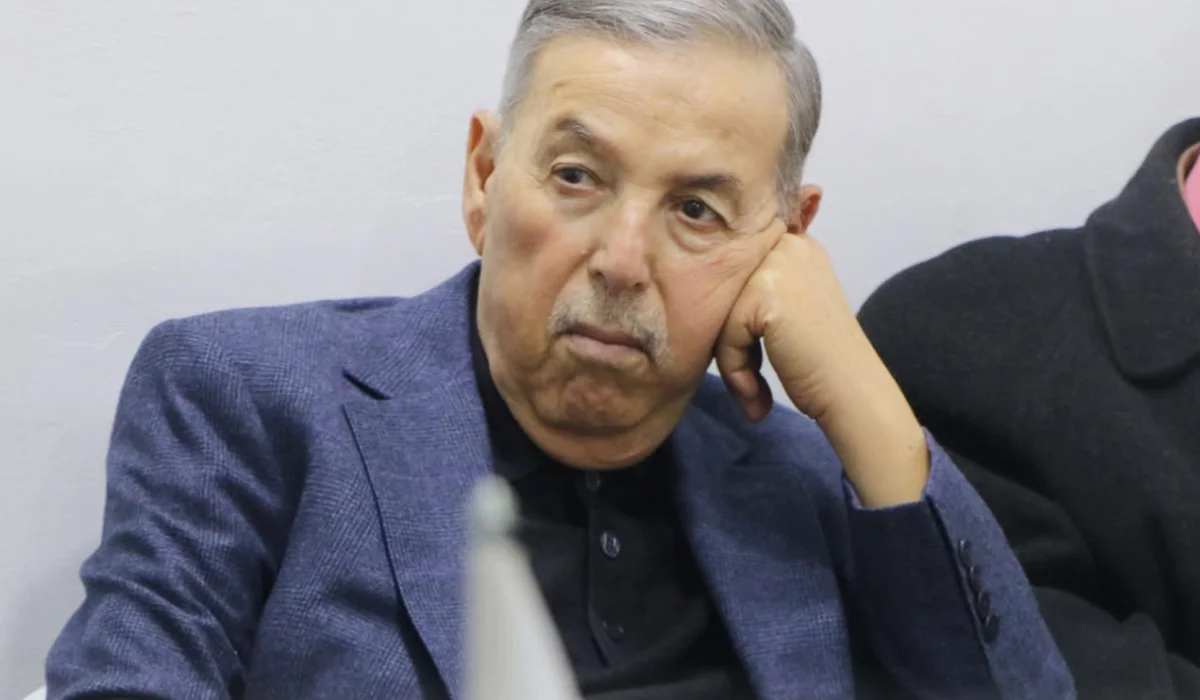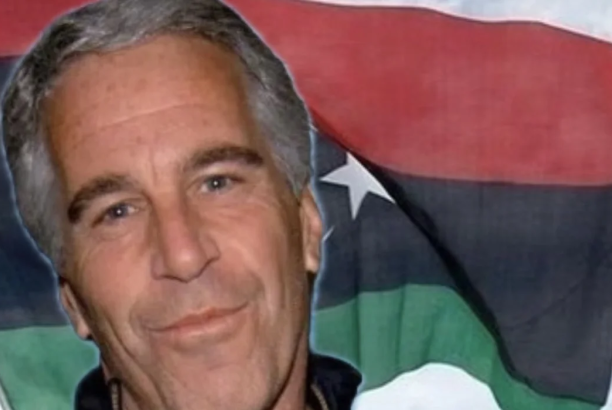
| News
On the Future of the Libyan Dinar.. Al-Jhimi: “Don’t Be Fooled by Revenues or Get Too Comfortable with Reserves.. These Are the Solutions”
Former Minister of Planning Taher Al-Jhimi wrote on his official Facebook page:
What is the future of the Libyan dinar’s value relative to the dollar?
This is the question many Libyans are asking these days. Some are asking with eagerness, and everyone is wondering: will the coming weeks and months witness a decline in the relative value of the dinar? When asking this big question, they are looking for a simple answer: yes or no. Of course, after yes or no, there are other questions.
Economists typically don’t give a clear or definitive answer because they are influenced by their study of probability theory, which requires in-depth analysis. Therefore, in this post, there’s no yes or no, but rather: this is more likely than that, especially when we’re talking about the medium or long term. However, in short, we can say that if the current conditions and trends persist, the future of the dinar’s value is not promising.
Don’t blame the Central Bank for your current situation. The Central Bank is just one hand, and one hand can’t clap. Instead, blame those who have put you in this uncertain political and economic reality.
Don’t let oil revenues deceive you into thinking they will save you. They have become almost a neutral factor. How is that? These revenues won’t rise much if they increase, nor will they fall much if they decrease, at least in the foreseeable future. Why? Because the oil giants (Saudi Arabia and the US) are committed to the “oil market stability” policy. It’s not in Saudi Arabia’s interest for oil prices to rise too much for political reasons, and it’s not in America’s interest for this to happen for economic reasons (the transfer of wealth abroad).
Similarly, it’s not in Saudi Arabia’s interest for oil prices to fall too much for budgetary reasons, and it’s not in America’s interest for this to happen because it harms the interests of influential American companies (as Kissinger said in the early 1970s). Also, don’t get too comfortable with the Central Bank’s reserves, which are abundant; no matter how large they grow, they can shrink rapidly.
The solution I see is comprehensive and full economic reform, involving the implementation of all state tools and institutions, especially the economic and financial institutions. Two points must be noted here:
First: neglecting the problem or postponing action on addressing it will only worsen the situation and make it harder to solve. Second: positive results from economic reform don’t come quickly; they take time, depending on the surrounding circumstances.
Am I optimistic? No, I’m cautiously optimistic. I have a bit of pessimism and a bit of optimism. Why? Because economic reform is a surgical and painful process, especially for the poor and middle-class social groups. Therefore, only strong, stable governments with powers, let’s say realistically, close to dictatorship, can manage it. Let’s see…





